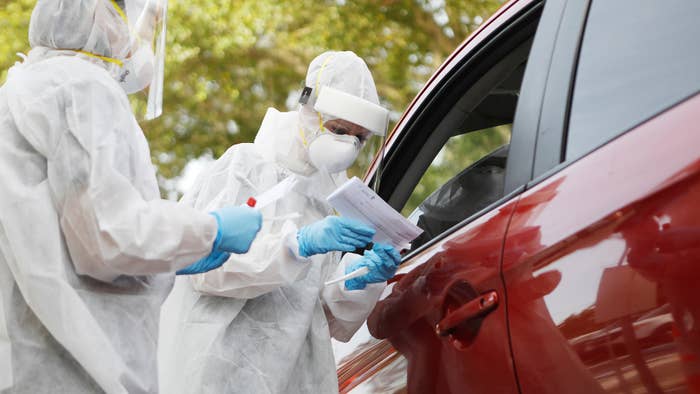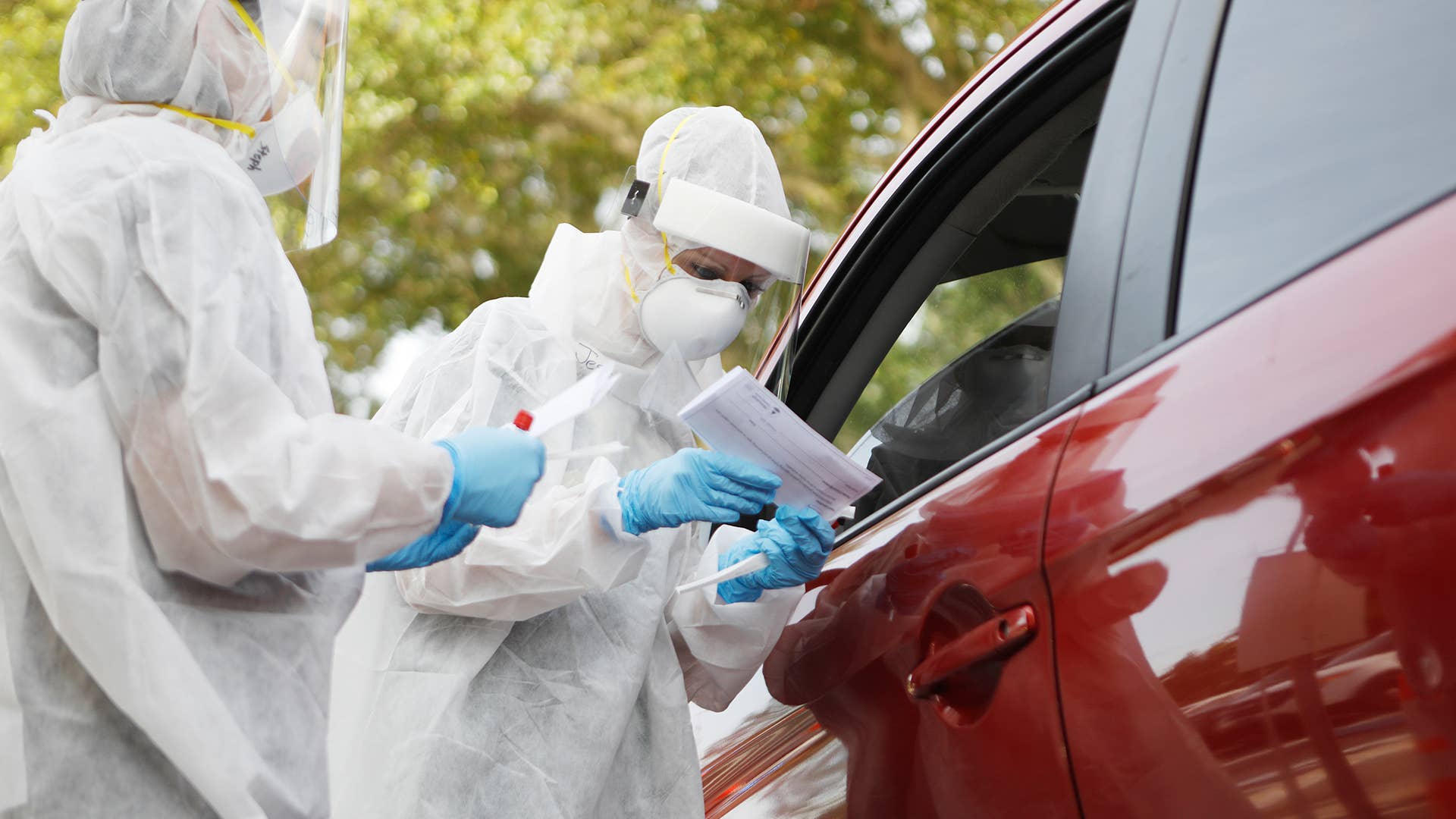
Researchers from Northwest University's medical school in Chicago believe a mutation in the coronavirus has made it considerably more contagious.
Infection disease special Egon Ozer of the Feinberg School of Medicine has said that upon examining the genetic structure of coronavirus samples, it was evident there was a change in one of the amino acids that allowed a spike in protein on the surface of the virus.
In layman's terms, this change has allowed the virus to penetrate nearby cells easier, and as a result the virus can replicate faster and be passed on easier.
The mutation has since become the dominant form of the virus worldwide, the Washington Post reports, and has been given the name D614G. It has been detected in around 70 percent of the 50,000 genomes that have been uploaded to a scientific database. "The epidemiological study and our data together really explain why the [G variant's] spread in Europe and the U.S. really fast," added Scripps Research virologist Hyeryun Choe.
While the coronavirus cases that surfaced in Chicago in January maintained the same genetic signatures as the cases in Wuhan, China just weeks prior, it has since mutated into something more infectious. "We were shocked," said NYU geneticist Neville Sanjana, adding that experiments have shown the mutation is more efficient at entering human cells. "Voilà! It was just this huge increase in viral transduction."
It is, however, worth mentioning that virologist Jeremy Luban said the research isn't "definitive yet." Despite this, Luban said that it is "clear that something is going on."

